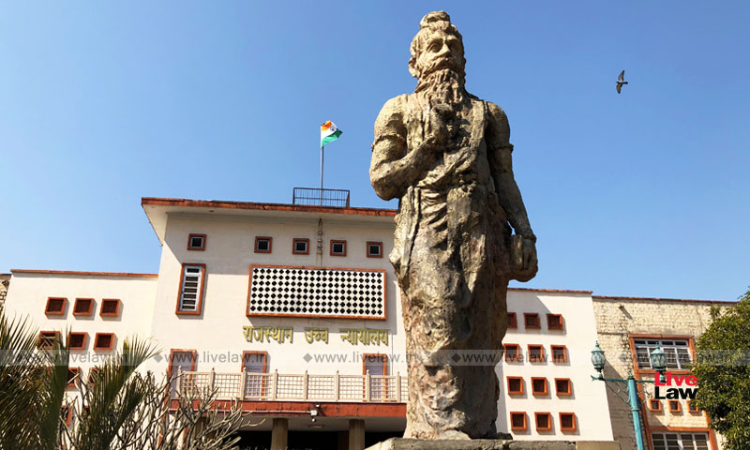Rajsathan High Court Dismisses Challenge To Civil Judge Exam Preliminary Merit List
ANIRUDH VIJAY
9 April 2022 9:52 AM IST

Next Story
9 April 2022 9:52 AM IST
The division bench of Rajasthan High Court, Jaipur dismissed a batch of writ petitions questioning the correctness and validity of the merit list prepared after Preliminary Examination in the matter of selection to the post of Rajasthan Civil Judge Cadre. Essentially, the challenge has been regarding correctness and validity of deletion of four questions, rejection of representation...
